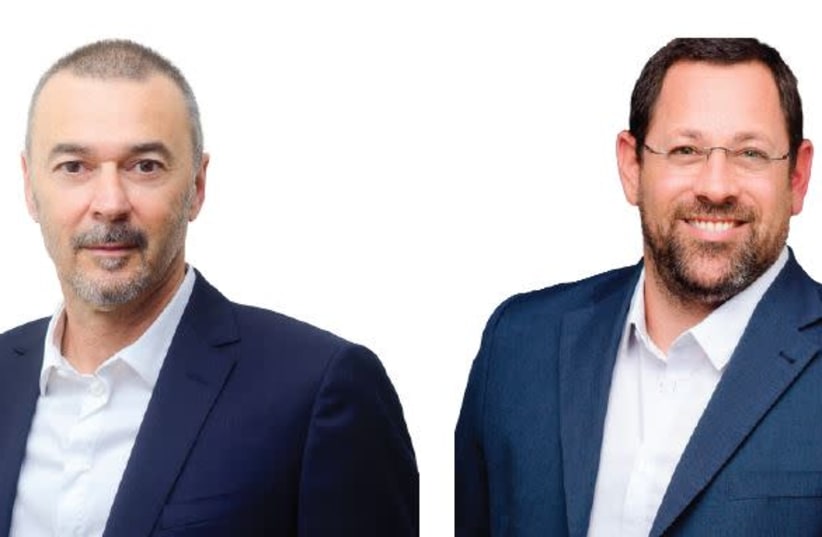aMoon raises $660m for second health fund, becomes Israel's largest
The fund, launched in April 2018 targeting $500m. in commitments, will invest in mid-to-late stage biopharmaceutical, medical device and digital health companies. Two-thirds will be invested domestically.
